Audio
Nikki Hind: Blind Grit
Ablequest by
2RPH3 seasons
1 December 2023
14 mins
Nikki Hind, Australia's first blind fashion designer, discusses her work.

Ablequest is a series of 15 minute programs exploring developments in assistive technology and initiatives for people living with a wide range of disabilities. Presented by Barbara Sullivan, Marni Roper and Elaine Wziontek.
This edition features Nikki Hind, Australia's first legally blind fashion designer and the subject of a children's book with braille alongside text. Her label is called Blind Grit, a brand built around those who live with a disability.
Original broadcast date: 1.12.23
Speaker 1 00:04
With information on the latest developments in assistive technology and initiatives from the studios of two RPH in Sydney. RPH Australia brings you Ablequest.
Speaker 2 00:23
Hello, I'm Barbara Sullivan. Today's guest is Nikki Hind, Australia's first legally blind fashion designer and the subject of a children's book with Braille alongside text. Nikki Hind, dressed for Success is the third book in a series featuring inspirational Australians living with blindness and low vision. Nikki's story is about an australian fashion designer who uses her imagination to dream up beautiful clothing designs. Her label is called Blind Grit, a fashion brand built entirely of and around those who live with disability. Elaine Johntech asked Nikki about her resolve to reach her dreams despite her disability. They also talked about the book and her delight about it being read in an upcoming episode of the ABC's play School.
Speaker 3 01:13
Welcome to the program, Nikki. You are Australia's first legally blind fashion designer and the subject of a children's book, Nikki Hyundai dressed for success. How did that happen?
Speaker 4 01:24
The books are amazing. There are three of them and they have been done in conjunction with Vision Australia. They are the brainchild of the fabulous vilgana, who is head of the library at Vision Australia. They're actually the very first books in Australia in Braille and standard print that are available retail. So until these books were created, if you or your child wanted a book in Braille, you could not just pop online and order it or pop into a library or a bookstore. Incredible. I myself don't read Braille, but I just presumed that they would be readily available. And they're not. These were first in Australia. They're aimed at probably up to six year olds, maybe three to six. They're beautiful picture books and the idea is big vision. So the idea is to get children with low vision vision impairment to think big and think outside the box about what they can do when they grow up, essentially. So they've chosen three vision impaired Australians who are doing cool things. One is the fabulous blind chef in Sydney, the other is the blind surfer up in Queensland. And I am unbelievably honoured to be the third.
Speaker 3 02:45
So, as a young child with low vision, and I understand you enjoyed sketching designs and making your own clothes and dressing up, that would have been a wonderful book for you when you were little.
Speaker 4 02:55
Well, I would have loved that. However, I was born blind in one eye, but I wasn't declared legally blind until much later in life. So that happened when I was pregnant with my first child. So although I was one of those kids who had the patch over one eye, little glasses, trying to strengthen the bad eye. I was born with one eye that was pretty much perfect 2020 vision, and the other eye, which was either extremely long sighted or extremely short sighted, I can never, ever remember. And they covered one eye and said, what can you read? And I could read everything, covered the other one and said, what can you read? And I said, God, I can not even sure where the board is now.
Speaker 3 03:37
How old were you?
Speaker 4 03:38
I was not quite six. Oh, I see. I was in primary school, and that's when they put the patch on the good eye to get the weak eye to kind of try harder and pull itself back in line. So I had that patch on my eye for a year and the big hoke bottle glasses, and I could not see a thing. I walked into the side of a horse. I used to walk into playground equipment, so they just kind of sat me up the front of the class and hoped for the best, but I couldn't see a thing.
Speaker 3 04:06
So I understand you had a stroke in your first pregnancy. So how did that affect your eye health?
Speaker 4 04:11
That's what wiped out the amount of vision to leave me legally blind. So, yeah, with my first born, Darcy, who's now 18. When I was pregnant with Darcy, I had a stroke which wiped out the area that processes the outside half of my field of vision.
Speaker 3 04:31
So you have no peripheral vision at all?
Speaker 4 04:34
Correct. So I can see out of the inside half of my right eye.
Speaker 3 04:39
Now, why did you turn to fashion, then, when you had poor eyesight? Or you have to look straight ahead when you're looking at the material, at the colours and the style?
Speaker 4 04:49
Yeah, it's interesting what your brain feels in, but when I'm trying to get a hold of something purely visually, not kind of utilising my memory and my brain, which your body just does naturally, a lot, it's amazing how your brain feels in what you don't really see. But when I'm trying to get a hold of things, I need it directly in front of me and at a certain distance. I mean, certainly when I was young, like an awful lot of kids, I loved dress ups, but I think I liked dress ups more than most. And I loved the psychology of dress ups. I guess that you could take on all these different characters with the different things that you wore. I absolutely loved it and used to dress up with my older sister and do concerts all the time. And then, as a young teenager, I'd have to say I probably still more loved dressing up than the concept of fashion, really. It was. If I wanted the clothes in the shops were not quite right. I thought, I like that colour, but I'd like it to be like this. And it was very much about a particular Persona or character that I felt I wanted to appear like when I went to the school socials or certain events. So I did not know how to sew. I didn't have a sewing machine and I would just cut things out and hand sew them and staple them and it would be the. I think everybody has a happy place they go to in their daydreams. And that for me was fashion design. I'd be forever daydreaming up designs. It seemed like such a not practical thing to do.
Speaker 3 06:28
Why did you turn to fashion? Were you not happy in the career that you had before or you just thought you'd do something really difficult and do it well?
Speaker 4 06:35
Yeah, no, I was very happy in the career I had. I was doing public relations and corporate event management, mostly for non for profits, Red Cross blood service and Australian Red Cross. I absolutely loved it. And when I did lose my vision, and of course this was now 18 years ago, so things definitely have changed a little. Still nowhere near as much as they need to change. But certainly I was told very clearly and from people who were well meaning. The first person who told me I would never work again was the psychologist from Guide Dogs Australia, who came out to assist with the sudden legal blindness that I had to really lower my expectations and that I would almost definitely never work again. But I could probably get some interesting volunteer work so as I could still feel engaged with society. And I was early thirty s and a new mum, and that was a terrifying thing to hear. I loved work very much. Feels like we're a society that highly values what your job is and how you work feels like who you are. So now I loved what I did and when Darcy was about two, I thought, I'm just going to see if I can get back into the role. I had even part time or casual, with Australian Red Cross and they said that they weren't equipped for someone with vision impairment and I would apply for other public relations and event management positions. And I looked good on paper because I had the qualifications and the experience and I interviewed well because I loved what I did.
Speaker 3 08:16
So you did what a lot of women do is start your own business. Or did you go to Tafe first to learn the skills?
Speaker 4 08:23
After having my second child, my marriage broke down and it was really quite a traumatic separation, as many of them are, and I found myself in a situation where I was completely financially ruined. The boys and I had nothing. I had these two beautiful little boys. Corey was just a baby. He wasn't even one. And Darcy was about three and a half. I found myself this legally blind sole parent with no job and no money and very, very limited social supports. And it was crushing. It was awful. It was really overwhelming. And the only thing worse than being in that dark place where you wake up in a panic and go to sleep fearing tomorrow is to be there with your beautiful children, I guess I was just determined to have independence and lightness and joy. And I guess what I did was I reached for a dream.
Speaker 3 09:27
So your dream was your own fashion label, wasn't it?
Speaker 4 09:30
Yeah, my dream was my own fashion label. I was wanting to role model to my boys all the things that I wanted for them, and that was feeling confident and positive and pursuing your dreams.
Speaker 3 09:44
So can you tell us about your label called blind grit?
Speaker 4 09:47
Yes, it's called blind grit. And when I first started, when I put forward my first fashion collection, I actually did it for a competition. I did it for the pre Demera Claire awards, because I wasn't necessarily thinking, I will start a fashion label then. I just wanted to see, I just really wanted to create fashion. Marie Claire, who are a wonderful australian magazine, nothing came of that because the collection was certainly not retail ready. It was samples for a competition. But it made me think, well, maybe I can do this, maybe I can be a fashion designer. And if I'm going to be one, what do I want that to look like? And where do I sit in the fashion landscape? So I started looking for my fellow blind fashion designers in Australia and there weren't any. When I looked further afield, there were only a small handful. There are four at the time, I think internationally. And that got me thinking, wow, where is disability in fashion? Why are there no blind fashion designers? Why are there none in Australia? And so that's how I first got in contact with vision Australia to say, I'm legally blind and I'm wanting to start my own fashion label. Could you help me? Could you please put me in touch with my fellow blind fashion designers?
Speaker 3 11:04
So your designs, are they designed for people with disabilities or they just. Do you have themes in your range?
Speaker 4 11:11
Yeah, I do have themes. And no, they're not designed for people with disability, but the entire label, blind Greek. Because as I tried to think what will feel like success, to me, it wasn't just necessarily bringing more clothes to the world. I wanted to looking into where disability sat in the fashion industry and realising pretty much nowhere at the time, there were a tiny, tiny amount of some models, but certainly nobody making any of the decisions behind the scenes. Barely anybody actually creating the fashion disability was very much missing from that. And then I decided to set blind grit up as almost a rebranding of disability. I wanted it to be there as desirable, I wanted it to be there as valuable. Blind grit has been built entirely often around those who live with disabilities. So right from the start, I wanted all the dream jobs because that's what lifted me out of a very scary, heavy, dark place. There are lots of dream jobs in fashion and I wanted all of those to be done and all of the decisions to be made by those who have lived experience of disability.
Speaker 3 12:25
So I understand that everybody who works on blind grit, from the photographers and the graphic designers, makeup artists, they're all people who live with disability or they've survived some sort of trauma, then?
Speaker 4 12:37
That's right, because I do certainly consider post traumatic stress and other mental illnesses as they tend to be invisible disabilities. They are absolutely social disabilities and get in the way of standard employment.
Speaker 3 12:50
So where can we find more about your book, more about your label?
Speaker 4 12:54
You can find more about my label@blindgrit.com. Got to hurry up and get the new collection up there. So I created a new mini collection for the launch of the Vision Australia book. And so I'm going to do a mini collection from all our favourite places that we travelled to. And the very first one that I created for the book launch is Brighton beach. So beautiful, iconic Brighton beach over in the UK. And the book, the series of books, all three of the books are available at all good bookstores. They are being placed in every library in Australia. They will be in all primary school libraries across Australia. All three books are going to be part of australian primary school curriculum and they're being read on play school, which is even more exciting.
Speaker 3 13:42
Very exciting.
Speaker 4 13:43
I know. I don't know if Big Ted's going to read it, but he'll certainly be listening. And you can, of course, go online at Vision Australia and purchase them as well. And I believe there's a special pre Christmas pack of all three of them, too.
Speaker 3 13:58
And that was Nikki Hind, Australia's first legally blind fashion designer and the subject of a children's book called Nikki Hind, dressed for success.
Speaker 1 14:13
You have just been listening to Ablequest, a program that looks at developments in assistive technology and initiatives from Elaine Wzionteck and Barbara Sullivan. Thank you for listening and goodbye till next program.
Continue listening

Blind Sports Australia CEO Matt Clayton speaks about its work with blind and vision impaired athletes across 21 sports.
Matt Clayton - Blind Sports Australia
Ablequest by 2RPH
5/5/2023
•13 mins
Audio

Vivid, Sydney's celebration of creativity, seen from a disability access focus by its director.
Gill Minervini - Vivid
Ablequest by 2RPH
19/5/2023
•14 mins
Audio

This program discusses dance movement therapy and how it works - featuring Cecilia King of the Dance Therapy Association.
Cecilia King - Dance Therapy
Ablequest by 2RPH
14 mins
Audio

What are the challenges of providing audio description on Oz TV? Hear Lauren Henley, Aust Federation of Disability Organisations.
Lauren Henley - Audio Description
Ablequest by 2RPH
16/6/2023
•14 mins
Audio

In Part 1 of a 2RPH interview, assistive tech expert David Woodbridge explores latest innovations to make everyday life easier.
David Woodbridge - Tech Update Part 1
Ablequest by 2RPH
30/6/2023
•14 mins
Audio

Features Robert Duff-Silsby of Luddi, Perth company developing assistive devices for all people and bodies.
Robert Duff-Silsby - Sexual Wellbeing
Ablequest by 2RPH
13 mins
Audio

In Part 2 of this conversation with 2RPH's Ablequest, expert David Woodbridge reviews latest assistive technologies.
David Woodbridge - Tech Update Part 2
Ablequest by 2RPH
28/7/2023
•14 mins
Audio

Matt Clayton of Blind Sports Australia and the Oz team's Chef de Mission, discusses the forthcoming World Blind Games in the UK.
Matt Clayton - World Blind Games
Ablequest by 2RPH
11/8/2023
•13 mins
Audio

Prof Kim Marriott of the Monash Assistive Technology and Society Centre, talks about the purpose and work of the Centre.
Kim Marriott - Monash Assistive Technology and Society Centre
Ablequest by 2RPH
25/8/2023
•13 mins
Audio

Ablequest features an interview with Serena Ovens, new CEO of Assistive Technology Supplies Australia or "ATSA".
Serena Ovens - Assistive Technology Supplies Australia
Ablequest by 2RPH
14 mins
Audio

Part 1 of an interview on the voice-activated app, Bindi Maps.
Anna Wright - Bindi Maps (Part 1)
Ablequest by 2RPH
14 mins
Audio

This is Part 2 of an interview with Dr Anna Wright, explaining how Bindi Maps works.
Anna Wright - Bindi Maps (Part 2)
Ablequest by 2RPH
14 mins
Audio

Artist Ebony Wightman of disability-led We Are Studios talks about art and challenge.
Ebony Wightman - We Are Studios
Ablequest by 2RPH
20/10/2023
•13 mins
Audio

Prof. Leeanne Carey discusses the SENSe program, her team's world-first therapy to help stroke survivors.
Leeanne Carey - SENSe Therapy
Ablequest by 2RPH
2/11/2023
•13 mins
Audio

Youthworks Accessibility Minister Bec Baines talks of making church accessible to young people with disabilities.
Bec Baines - Youth and Worship
Ablequest by 2RPH
16/11/2023
•14 mins
Audio

Nikki Hind, Australia's first blind fashion designer, discusses her work.
Nikki Hind: Blind Grit
Ablequest by 2RPH
1 December 2023
•14 mins
Audio

Dr Dimity Williams, family GP, recommends spending more time in nature - and a "green hour" each day.
Green Hour: Dr Dimity Williams
Ablequest by 2RPH
5 December 2023
•14 mins
Audio

Imagine sitting in a wheelchair for hours, being unable to move your fingers or arm to do simple things like pick up a glass.
Konstanze Hager - Bateo
Ablequest by 2RPH
Konstanze Hager - Bateo
•14 mins
Audio

Action Audio is a new language being created to transcend sport.
Machar Reid - Action Audio
Ablequest by 2RPH
Machar Reid - Action Audio
•14 mins
Audio

What a difference one person with experience, passion and energy can make to many lives.
Julie Ross-Edwards - Head High
Ablequest by 2RPH
Julie Ross-Edwards - Head High
•14 mins
Audio

Driver educator outlines what's needed for a person with disability to get a driver's licence.
Ronak Shah: on-road driving education
Ablequest by 2RPH
12 January 2024
•14 mins
Audio

Vision Australia's Christo Sarantakis talks of his life, blindness and assistive tech changes.
Christo Sarantakis of Vision Australia
Ablequest by 2RPH
26 January 2024
•14 mins
Audio

Introducing Australia's first pictureless feature film, TOUCH, showing in Sydney.
Majella Knobel: "Touch" - open air movie
Ablequest by 2RPH
9 February 2024
•14 mins
Audio

An expert discusses the use of horticultural therapy for people with disabilities.
Steven Wells: horticultural therapy
Ablequest by 2RPH
23 February 2024
•14 mins
Audio

Features articles on latest blind-assistive tech including a new bus app and smart ear buds.
Assistive tech news catchup
Ablequest by 2RPH
8 March 2024
•14 mins
Audio

Features an innovative hospitality industry training program for people with disabilities.
Saraya O'Connell - Hotel Etico Independence Program
Ablequest by 2RPH
22 March 2024
•14 mins
Audio

Guests discuss the Obi robotic dining assistant for people with upper arm disabilities.
Hugh Kingley and Rachel Dekkar: Obi
Ablequest by 2RPH
19 April 2024
•14 mins
Audio

A spy-themed computer program tackles the mystery of social encounters - outlined by its company's CEO.
Kathleen Davey - Social Science Translated
Ablequest by 2RPH
3 May 2024
•14 mins
Audio

A Sydney organisation delivers creative arts and life skills to people with disabilities.
ChoppA Green - Studio Artes
Ablequest by 2RPH
17 May 2024
•14 mins
Audio

An award-winning Central Coast NSW disability service shares its successful strategies.
Lonestar Makoni - Breaking Barriers Disability Services
Ablequest by 2RPH
31 May 2024
•14 mins
Audio

Part 1 of a conversation with an Australian neuroscience research pioneer about benefits of music in brain injury recovery.
Professor Sarah Wilson (part 1)
Ablequest by 2RPH
14 June 2024
•14 mins
Audio

Part 2 of a conversation with a leading neuroscientist of benefits of music in brain injury recovery.
Professor Sarah Wilson (part 2)
Ablequest by 2RPH
28 June 2024
•14 mins
Audio

A CEO talks about his company's award-winning assistive physical therapy device.
Justin Keenan - LusioMate
Ablequest by 2RPH
12 July 2024
•14 mins
Audio

Information about a program teaching good cyber-security practices to make daily life safer.
Jess Wilson: Be Connected
Ablequest by 2RPH
26 July 2024
•14 mins
Audio

A veteran print disability broadcaster with macular degeneration shares her experiences.
Teresa Plane - 2RPH
Ablequest by 2RPH
9 August 2024
•14 mins
Audio

The founder of a blind-assistive technology company shares latest developments.
Peter Ford - Control Bionics (part 1)
Ablequest by 2RPH
6 September 2024
•14 mins
Audio

Part 2 of an interview with the head of an innovative blind-assistive technology company.
Peter Ford - Control Bionics (part 2)
Ablequest by 2RPH
20 September 2024
•13 mins
Audio

Looks at a project to better inform refugee and migrant women on AI.
Good Things - Jess Wilson
Ablequest by 2RPH
4 October 2024
•14 mins
Audio

An expert with lived experience corrects some widespread misconceptions about stuttering.
Dale Williams - Stuttering Awareness Day
Ablequest by 2RPH
18 October 2024
•14 mins
Audio

An inventor discusses his an innovative cane tip to help people with blindness or low vision.
Peter Rickards - Sensaball
Ablequest by 2RPH
15 November 2024
•13 mins
Audio

Part 1 of an interview with an Australian expert on low-vision-assistive technology, on AI and other developments.
David Woodbridge (part 1)
Ablequest by 2RPH
29/11/2024
•14 mins
Audio

Conclusion of an interview with a leading Australian expert on blind-assistive technology.
David Woodbridge (part 2)
Ablequest by 2RPH
13 December 2024
•14 mins
Audio

Looks at the leading stroke treatment work of the Royal Rehabilitation Hospital, Ryde NSW.
Jason Redhead and Graham Cooper of Royal Rehab Ryde
Ablequest by 2RPH
10 January 2025
•14 mins
Audio

An innovative social media platform aims to address isolation and loneliness in the disability community.
Steve Bear - Alvie
Ablequest by 2RPH
7 February 2025
•12 mins
Audio

Australia's largest provider of Auslan sign services outlines its important work.
Brett Casey - Deaf Connect
Ablequest by 2RPH
21 February 2025
•14 mins
Audio

Looks at an Australian organisation's work at helping men seek help and build self-awareness.
Tommy Herschell - Find Ya Feet
Ablequest by 2RPH
7 March 2025
•14 mins
Audio

A speech pathoplogist discusses her work with young people's complex communication needs.
Denise West - Scope
Ablequest by 2RPH
21 March 2025
•14 mins
Audio

A vision-impaired disability rights advocate talks of her work and learning podcast skills.
Freya Wolf
Ablequest by 2RPH
4 April 2025
•14 mins
Audio

A leading Australian eye researcher talks of his team's work in creating new hope for people with retinal damage.
Raymond Wong - Centre for Eye Research Australia
Ablequest by 2RPH
18 April 2025
•14 mins
Audio

A wheelchair-using business owner, facilitator and car rally driver shares experiences and insights.
Mel Harrison - Sitting Low, Reaching High
Ablequest by 2RPH
2 May 2025
•13 mins
Audio
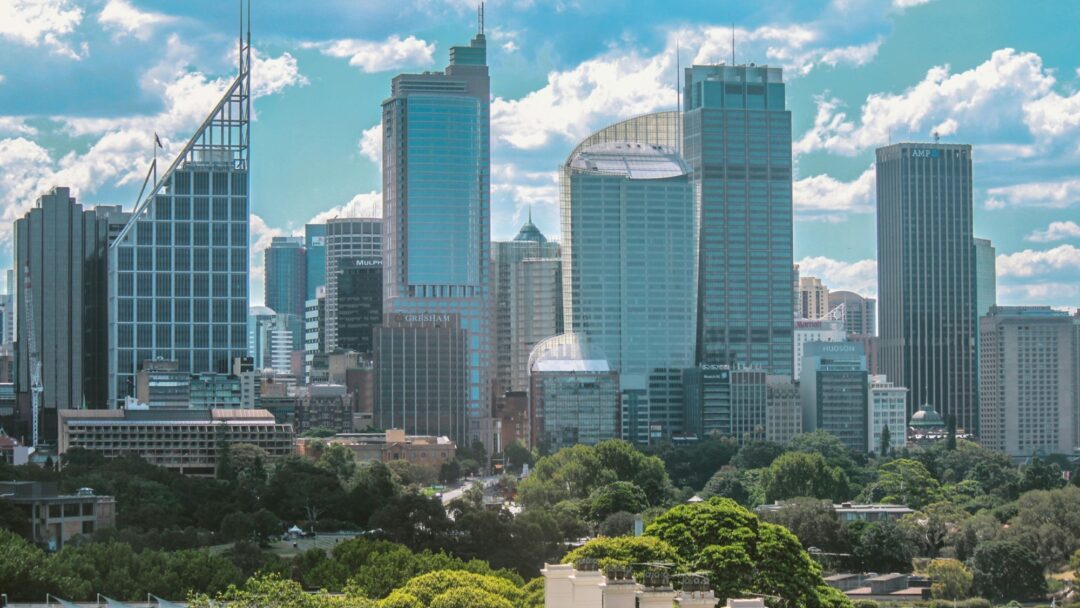
Disability Pride Month in July promotes awareness about people with disability and also celebrates individuals with disability.
Hannah Solomons - Sydney Disability Pride
Ablequest by 2RPH
Hannah Solomons - Sydney Disability Pride
•14 mins
Audio
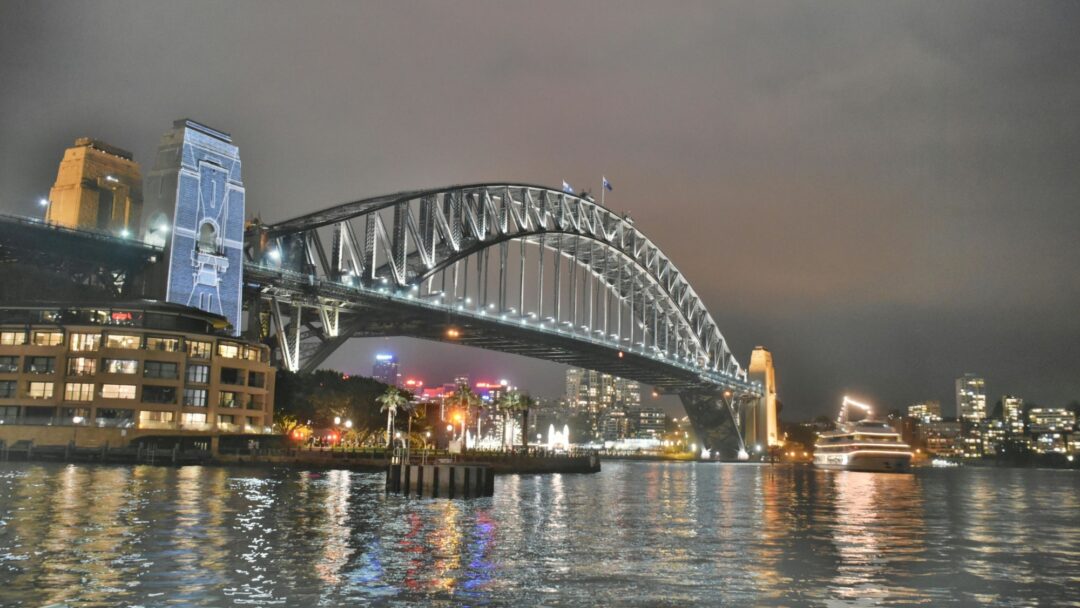
Deb Roach is a three-time pole dancing world champion yet she has only one arm.
Deb Roach
Ablequest by 2RPH
Deb Roach
•13 mins
Audio
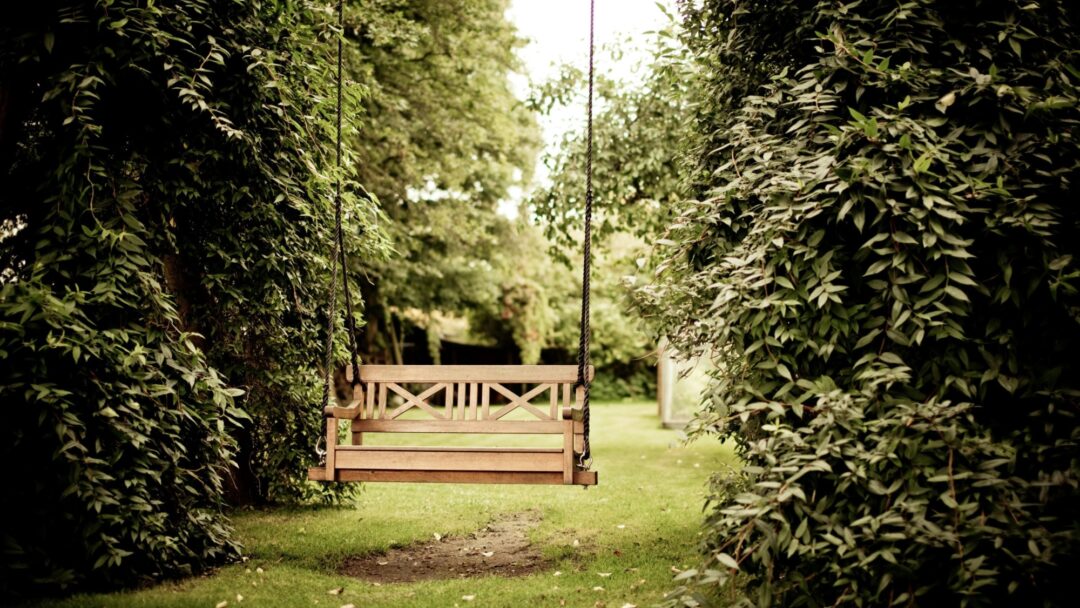
Being in nature is good for you whether it is being in the garden or walking along the beach.
Kayte Kitchen - Admirari Nature Therapy
Ablequest by 2RPH
Kayte Kitchen - Admirari Nature Therapy
•14 mins
Audio
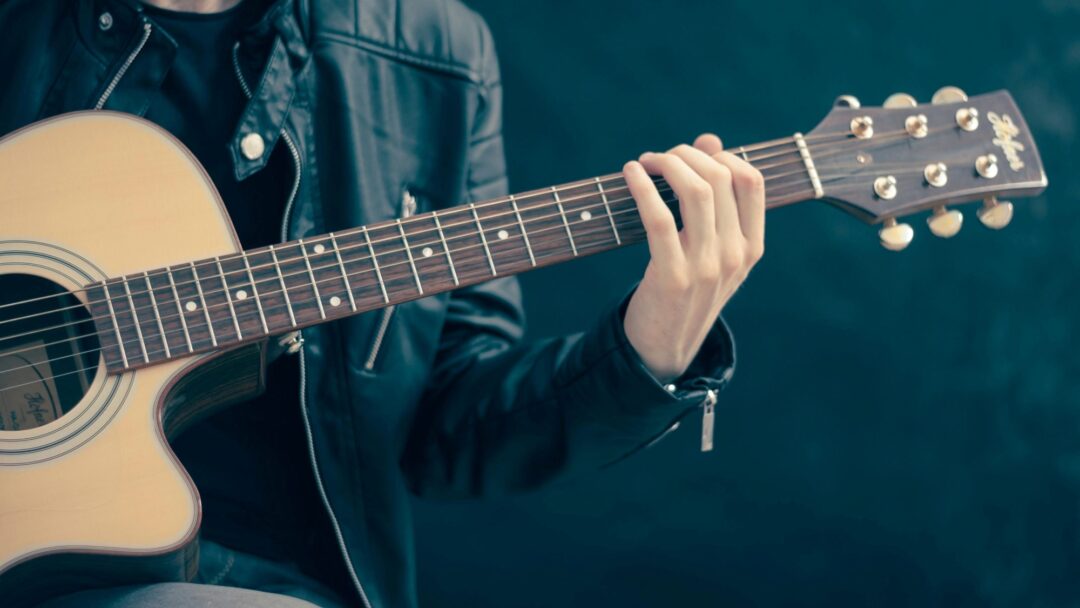
Music can evoke emotions that bring back memories and the same is true for people living with dementia.
Zara Thompson - Music Therapy
Ablequest by 2RPH
Zara Thompson - Music Therapy
•14 mins
Audio
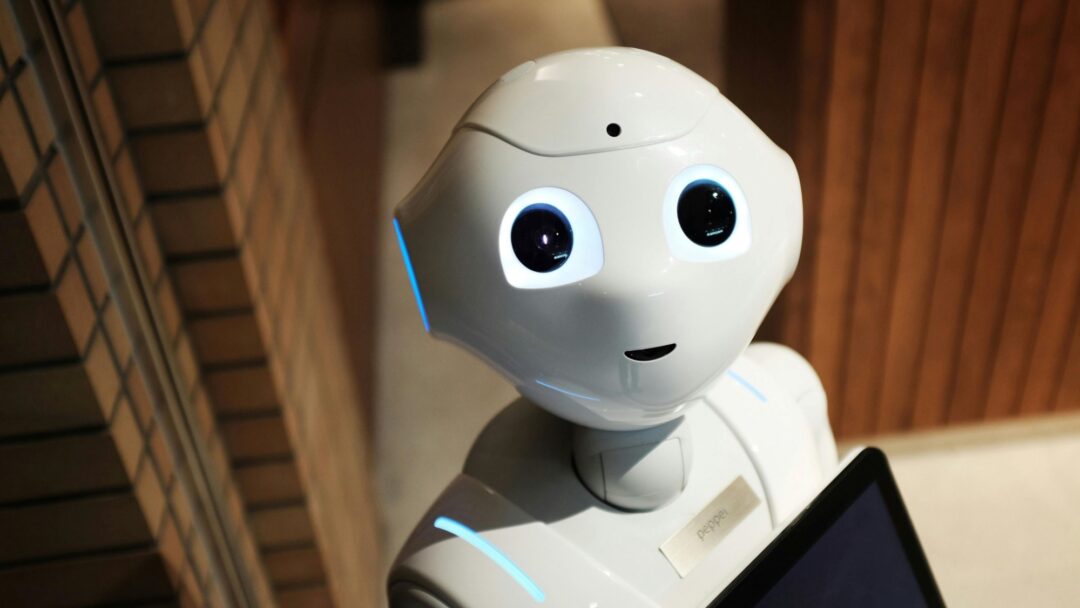
Laura Boccanfuso is founder and CEO of Van Robotics, a social robotics company based in South Carolina in the United States.
Laura Boccanfuso - Van Robotics
Ablequest by 2RPH
Laura Boccanfuso - Van Robotics
•14 mins
Audio
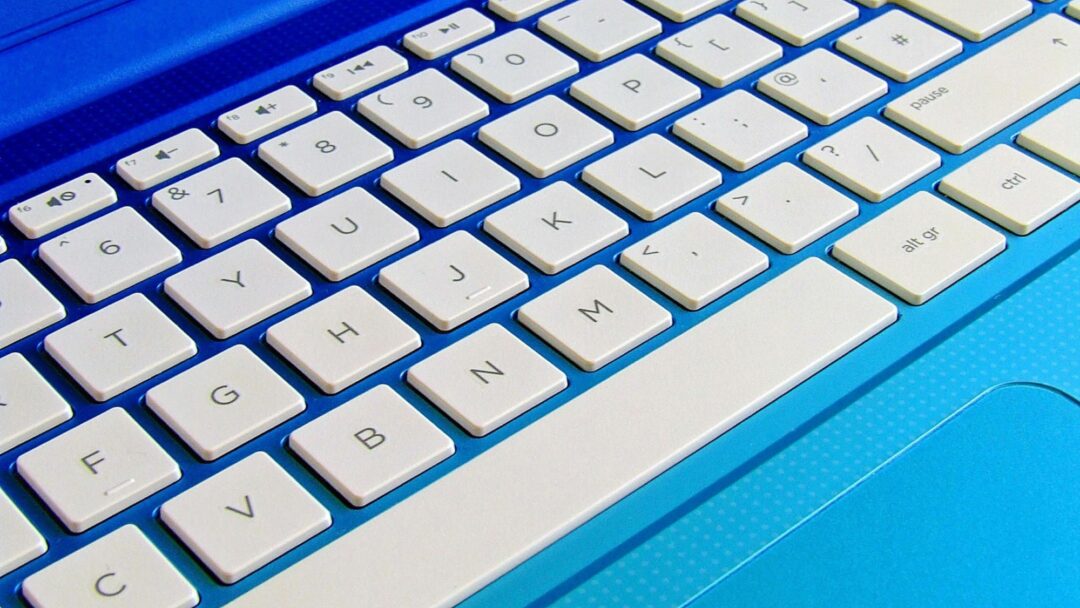
Two years ago Maggie O'Connell, in her mid 20's never had a full time job.
Maggie O'Connell - AFP
Ablequest by 2RPH
Maggie O'Connell - AFP
•14 mins
Audio
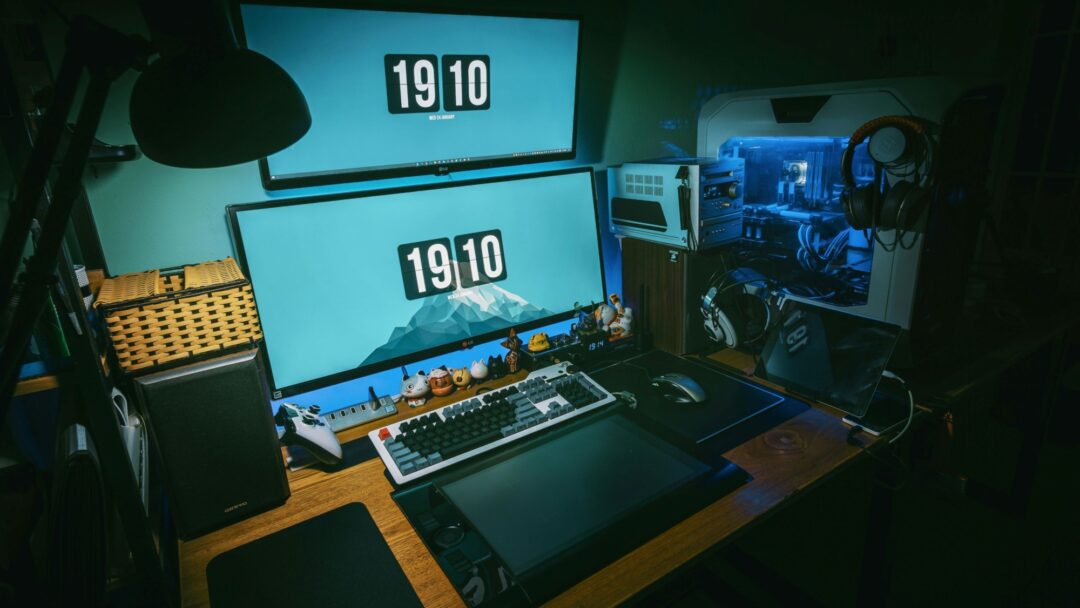
Julie Ross-Edwards, founder of Head High Disability Services, returns to Ablequest to speak more about Head High's philosophy and special approach.
Head High (Update)
Ablequest by 2RPH
Head High (Update)
•13 mins
Audio
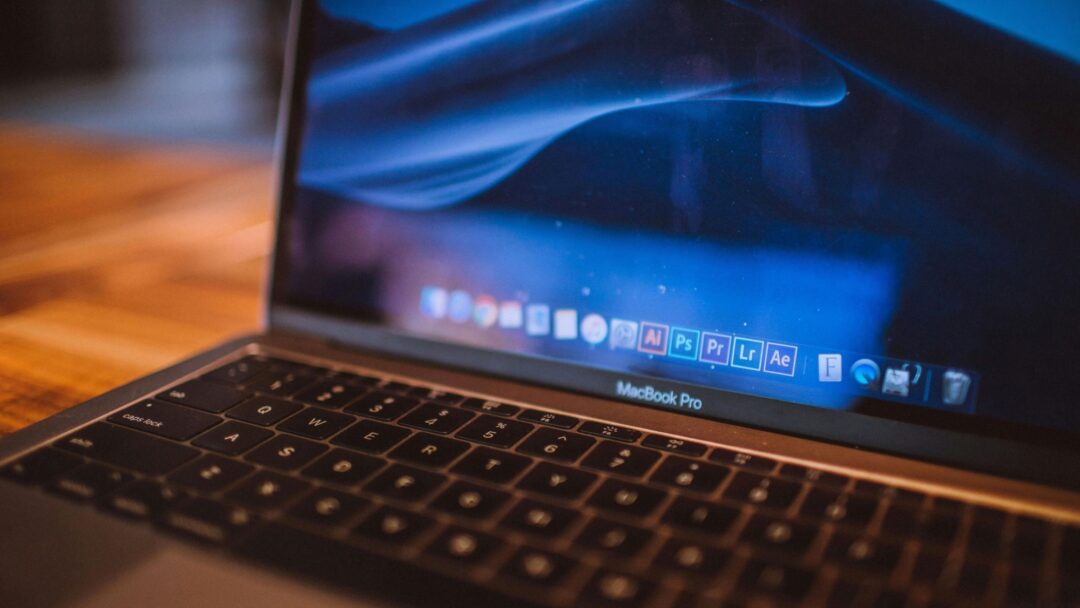
David Woodbridge, an expert in assistive technology for people with no or low vision, is a regular guest on Ablequest.
David Woodbridge
Ablequest by 2RPH
David Woodbridge
•14 mins
Audio

Pete Horsley is the Founder of Remarkable, a global start up and initiative of the Cerebral Palsy Alliance.
Pete Horsley - Remarkable Disability Tech Summit
Ablequest by 2RPH
Pete Horsley - Remarkable Disability Tech Summit
•14 mins
Audio